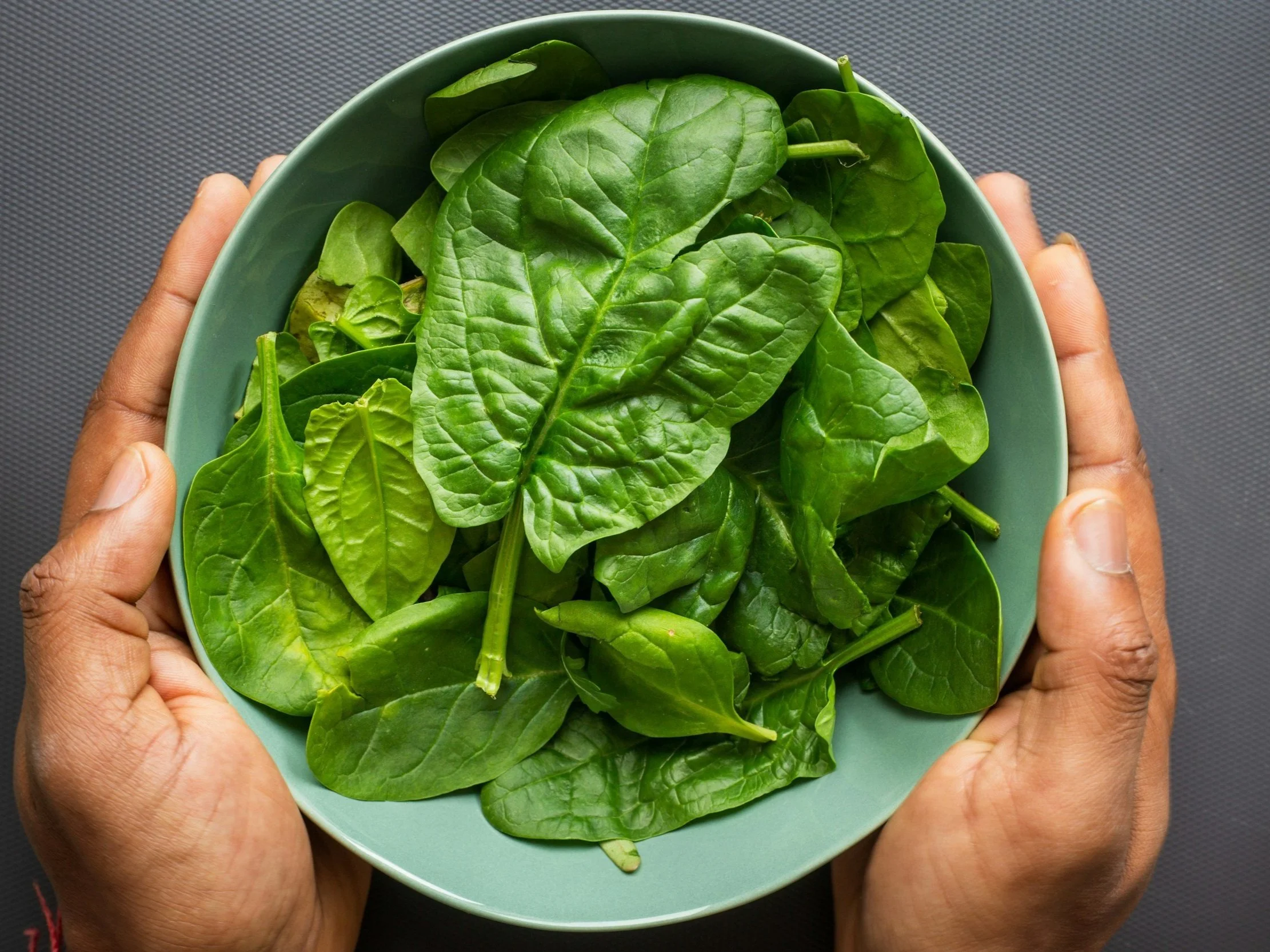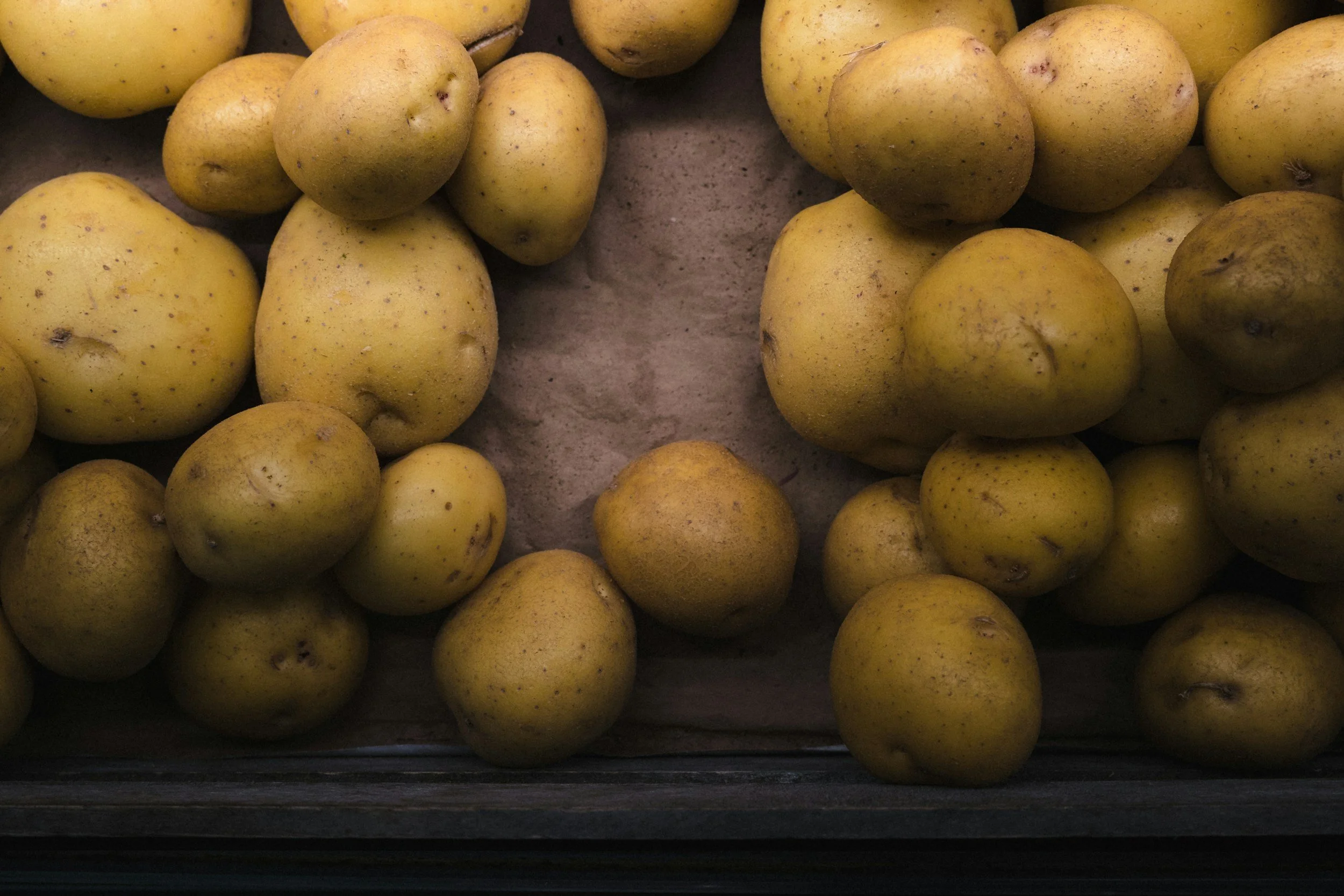20 Protein-Rich Veggies To Add To Your Plate
If you think veggies are just for fiber and vitamins? Think again.
Some vegetables pack a surprisingly decent amount of protein and can add an amazing protein boost to a meal. Whether you’re plant-based, trying to eat more whole foods, or just looking to boost your daily protein intake, these veggies could be just what you’ve been looking for.
Here’s a closer look at 20 veggies (and veggie-adjacent foods) that are higher in protein than most people realize!
Legume-Like Veggies (Highest in Protein)
Photo by Rachael Gorjestani via Unsplash
These are technically legumes, but they offer many similar benefits as veggies and they’re often used like vegetables in everyday meals, too.
1. Edamame (Cooked Soybeans)
1 cup (cooked): ~18.5g protein
One of the highest-protein plant foods around. Snack on them with sea salt, toss into salads, or add to grain bowls for a full meal.
2. Green Peas
1 cup (cooked): ~8.2g protein
Sweet, versatile, and super easy to use. Stir into rice, pasta, or soups for an easy boost.
3. Sweet Corn
1 cup (cooked): ~5.2g protein
A starchy veggie with a little more protein than you might think. Delicious in salads, chili, tacos, or straight off the cob.
Leafy Greens & Cruciferous Veggies
Photo by Louis Hansel via Unsplash
These greens shrink when cooked, meaning you can eat a lot more in one serving — and that means more protein, too.
4. Spinach
1 cup (cooked): ~5.4g protein
Blend into smoothies, make into a salad, add to scrambled eggs, or sauté with garlic.
5. Collard Greens
1 cup (cooked): ~5.1g protein
Great with a splash of apple cider vinegar or stirred into beans and grains.
6. Broccoli
1 cup (cooked): ~4.3g protein
Steam it, roast it, or toss it in stir-fries, top it with cheese—broccoli is delicious in many forms.
7. Brussels Sprouts
1 cup (cooked): ~4g protein
Air-fried or roasted with balsamic and olive oil? Yes, please.
8. Kale (Cooked)
1 cup: ~3.6g protein
Toss into soups, smoothies, or pair with eggs or beans for a power combo.
9. Mustard Greens
1 cup (cooked): ~3.2g protein
Spicy, bold, and delicious sautéed with olive oil, sea salt, and red pepper flakes.
10. Swiss Chard
1 cup (cooked): ~3.3g protein
Great in grain bowls or layered in a veggie lasagna.
11. Beet Greens
1 cup (cooked): ~3.7g protein
Don’t toss the tops! They’re flavorful and protein-rich — just like spinach.
Starchy Veggies & Roots
Photo by Jason Leung via Unsplash
These fill you up with carbs and contribute protein — especially helpful in plant-based meals.
12. Russet Potato (with Skin)
1 medium potato: ~4.5g protein
Add plain Greek yogurt, beans, or sautéed greens to turn a basic potato into a balanced meal.
13. Sweet Potato
1 medium: ~2g protein
Not as high, but when paired with lentils, black beans, or tofu, you’ve got a protein-rich combo.
Mushrooms (Fungi, but Veggie-Adjacent)
Photo by Rahul Himkar via Unsplash
Not technically a vegetable, but used as one in nearly every recipe — and they add a savory hit of protein.
14. White Mushrooms (Cooked)
1 cup: ~3.5g protein
Add to soups, stews, or pasta dishes for depth and nutrition.
15. Portobello Mushrooms
1 cup (sliced, cooked): ~4g protein
Grill or roast for a meaty texture. Great in burgers or tacos.
Fruiting Veggies
Photo by Trang TRIEU via Unsplash
Surprising sources of protein that you might already be using!
16. Artichokes
1 medium (cooked): ~4.8g protein
Steam and dip in melted butte, or use in pasta, dips, or on pizza.
17. Sun-Dried Tomatoes (Dry-Packed)
1 cup (chopped): ~6g protein
Toss into grain salads, pasta, or sandwiches for a protein and extra flavor.
18. Green Bell Peppers
1 cup (chopped, raw): ~1.5g protein
Not super high, but adds up — especially in veggie-loaded meals like fajitas or stir-fries.
Other Green Veggies
Photo by Maria Kovalets via Unsplash
Reliable side-dish staples that quietly add to your daily protein goal.
19. Green Beans
1 cup (cooked): ~2.4g protein
Steam with a dash of sea salt, sauté with garlic and lemon or roast with parmesan.
20. Asparagus
1 cup (cooked): ~4.3g protein
Grill, steam, or roast — pairs beautifully with eggs or salmon.
How to Use This List
Build protein-rich meals by combining 2–3 of these veggies with a protein (such as chicken, beef, lentils, or beans), a whole grain and a healthy fat.
Use frozen versions of most of these for easy, budget-friendly prep.
Cook your greens! You’ll eat more in one serving and get more protein per bite.
Final Thought
Protein doesn’t always have to come from meat or protein powders. These powerhouse vegetables (and veggie-adjacent foods) can help you feel fuller, support muscle recovery, and round out your meals — all while delivering fiber, vitamins, and minerals your body loves.
Next time you’re planning your meals, don’t sleep on your veggies. They’re doing more than you think!
Disclaimer: I am not a doctor, mental health provider, or a licensed dietician, and therefore this is not official licensed medical, clinical, or nutrition advice. These are things that I have implemented in my own life and utilized in my personal training, health coaching, and nutrition coaching practice after spending a substantial amount of time studying and practicing these techniques in fitness, habit change, and nutrition (still, I’m not a dietician). They are not meant to cure any ailment, and they are certainly not meant to serve as a replacement for any mental or medical healthcare treatment. It is important to always consult your own physician before beginning an exercise, mental health, nutrition or supplement program of any type.







